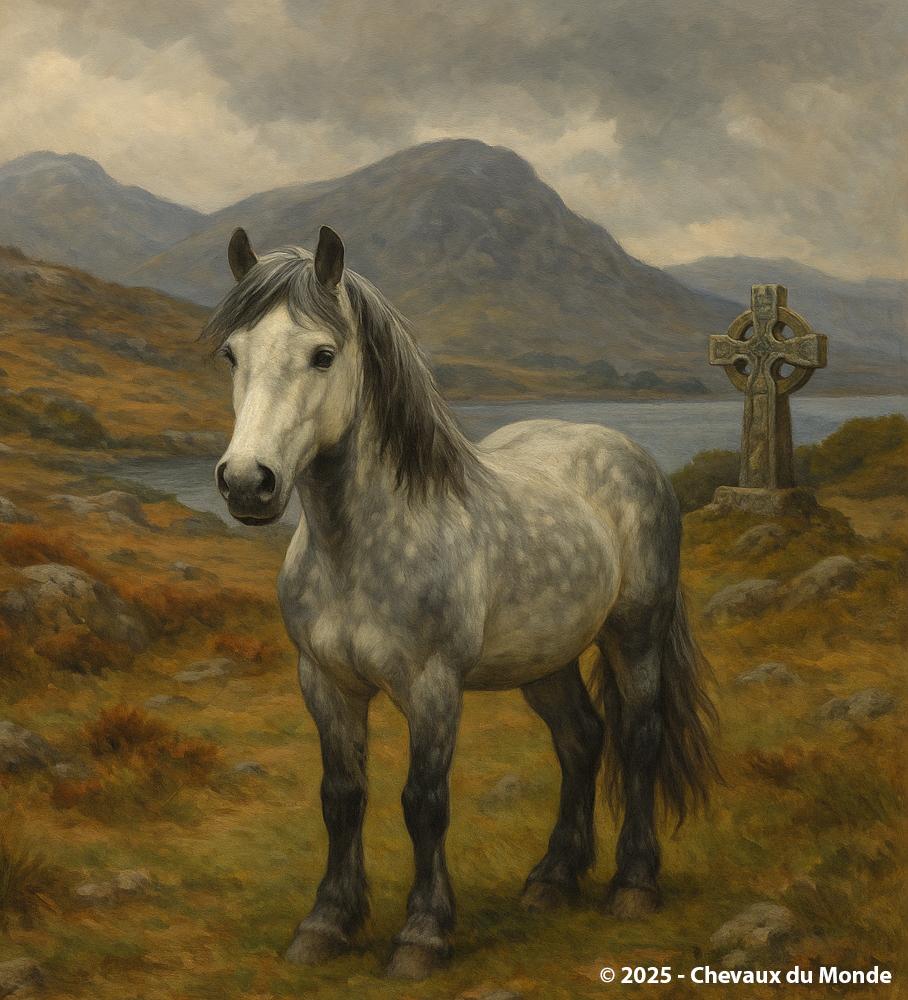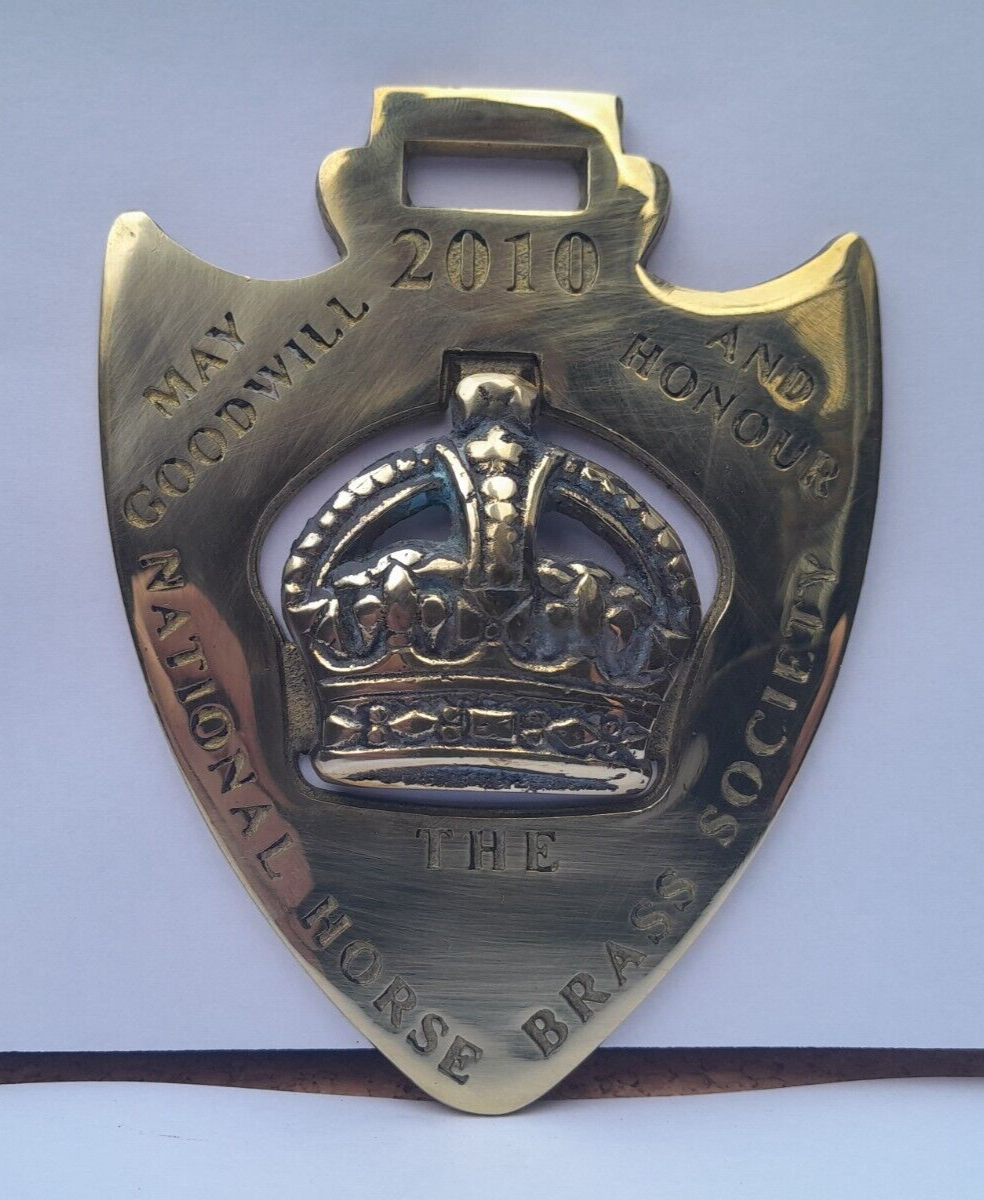The Modern Revival: Horses in Contemporary Society

Horses have been integral to human civilization for thousands of years, serving as companions, workers, and symbols of culture. In recent decades, despite the rise of mechanization and urbanization, there has been a notable revival of interest in horses within contemporary society. This article explores the multifaceted roles horses play today, their cultural significance, and the ways in which they continue to enrich human life.
Historical Context

Historically, horses were essential for transportation, agriculture, and warfare. With the advent of cars and machinery, their practical roles diminished, but their symbolic and recreational importance has endured and evolved.
Contemporary Roles of Horses
| Role | Description | Examples |
|---|---|---|
| Sport and Recreation | Horses are central to many sports such as show jumping, dressage, and polo. | Equestrian competitions worldwide |
| Therapy | Equine-assisted therapy helps individuals with physical, emotional, and cognitive challenges. | Programs for PTSD, autism, and disabilities |
| Cultural Heritage | Horses remain a symbol in many cultures, featuring in festivals, art, and literature. | Rodeos, traditional ceremonies |
| Environmental Work | Horses are used in sustainable forestry and farming practices where machinery is impractical. | Logging in sensitive ecosystems |
The Rise of Equine Therapy
One of the most significant modern developments is the use of horses in therapeutic settings. Equine-assisted therapy has been shown to improve mental health, build confidence, and aid physical rehabilitation. This form of therapy is gaining recognition and expanding globally.
Horses in Urban and Suburban Settings
Despite urban growth, horses have found a place in city life through riding schools, urban farms, and community programs. These initiatives help maintain a connection to nature and promote animal welfare awareness.
Economic Impact
The equine industry contributes significantly to economies through breeding, training, tourism, and sporting events. This economic dimension supports jobs and rural development.
Challenges and Future Outlook
While the revival is promising, challenges such as land availability, animal welfare concerns, and environmental impact must be addressed. Innovations in sustainable horse care and community engagement are key to the future.
Frequently Asked Questions (FAQ)
Q1: Why are horses still relevant today?
A1: Horses offer unique benefits in sports, therapy, culture, and environmental work that machines cannot fully replace.
Q2: What is equine-assisted therapy?
A2: It is a therapeutic approach that uses horse interactions to improve physical and mental health.
Q3: How can urban areas support horse activities?
A3: Through riding schools, community programs, and urban farms that provide access and education.
Q4: What economic benefits does the horse industry provide?
A4: It generates employment, supports rural economies, and promotes tourism.
This expanded content provides a solid foundation for a detailed, SEO-friendly blog article that can be further enriched with images, case studies, and expert interviews to engage readers deeply.
